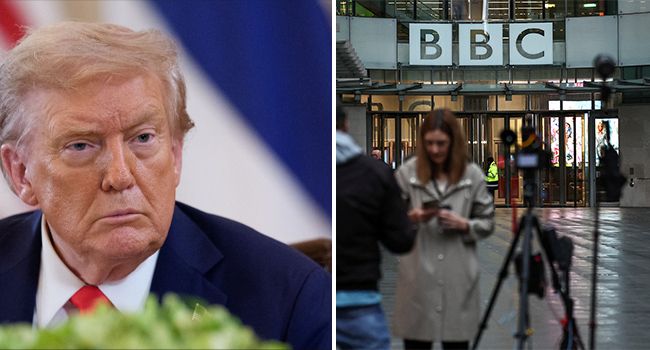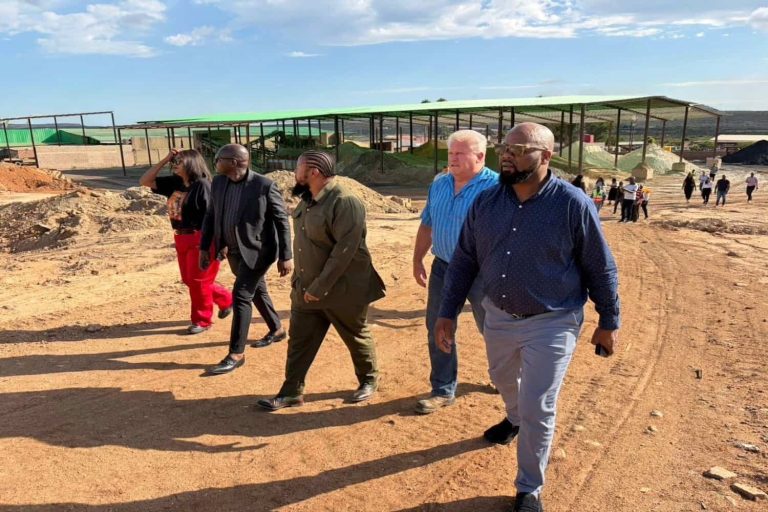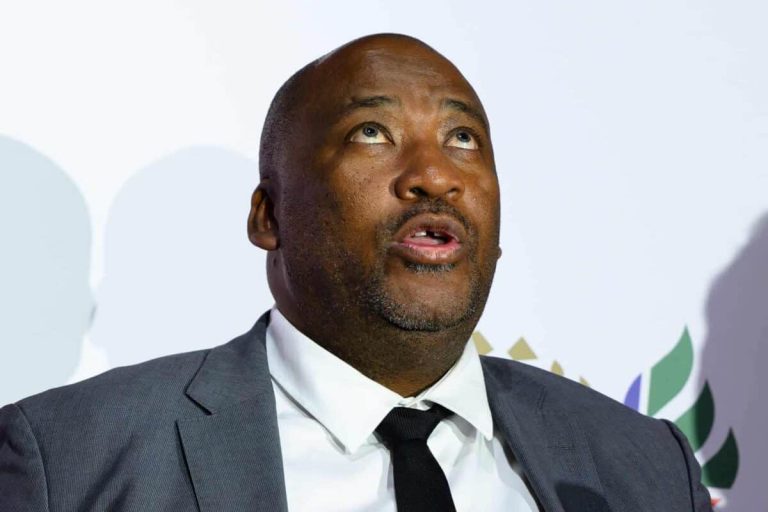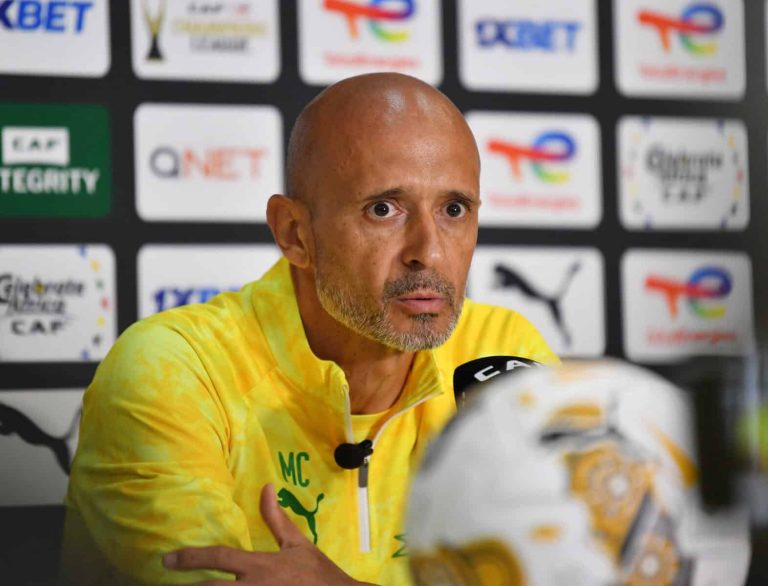
The BBC on Monday apologised for editing a speech in a way that suggested former US President Donald Trump made “a direct call for violent action” shortly before the January 6, 2021, Capitol attack, describing it as “an error of judgment.”
The controversy led to the dramatic resignations on Sunday of Director-General Tim Davie and BBC News CEO Deborah Turness, amid a wave of criticism from the United States and reactions across the UK.
The White House welcomed the resignations, while Trump celebrated the development, calling BBC journalists “corrupt” and “dishonest.” His press secretary also described the broadcaster as “100-per cent fake news.”
In a letter to MPs, BBC Chairman Samir Shah admitted that the way the speech was edited in a flagship documentary “gave the impression of a direct call for violent action” and issued an apology, pledging reforms to improve oversight at the publicly funded broadcaster.
Prime Minister Keir Starmer’s spokesman defended the BBC’s role in countering disinformation but stressed the importance of the broadcaster acting swiftly to maintain public trust and correct mistakes.
Institutional Crisis
The incident has reignited longstanding debates over the BBC’s impartiality, with criticism coming from both the political right and left.
The crisis arrives as the UK government prepares for a politically sensitive review of the BBC’s charter, which governs its funding and operations and is set to expire in 2027.
The BBC, funded by a licence fee, has faced years of financial strain, leading to job cuts and operational pressures. While some commentators see the resignations as a necessary reckoning, others warn of the impact of right-wing attacks, particularly from the United States.
Former BBC journalist Karen Fowler-Watt, now head of journalism at City St George’s University, told AFP that the broadcaster is “in a situation of crisis,” noting the current media ecosystem and pressures from external actors.
Political and Public Reactions
Former Conservative Prime Minister Boris Johnson threatened to stop paying his licence fee over the controversy, while current Tory leader Kemi Badenoch welcomed the resignations, citing “a catalogue of serious failures.” Centrist Liberal Democrat leader Ed Davey urged Starmer to defend the broadcaster, warning against external interference.
Public opinion in central London was divided. Construction worker Jimmy said the BBC’s “reputation has been tarnished” and questioned its impartiality, while 78-year-old writer Jennifer Kavanagh noted, “They have always been attacked from the right and from the left. They can never get it right.”
The Controversy
The uproar followed a report by the right-wing Daily Telegraph that highlighted an internal memo raising concerns about impartiality. The edited documentary suggested Trump encouraged supporters to walk to the Capitol and “fight like hell.” In reality, the speech included a call to walk with him and “cheer on our brave senators and congressmen and women.”
This is not the BBC’s first controversy this year. Earlier, it apologised for a documentary on Gaza found to contain “materially misleading” content and faced criticism for failing to pull a livestream of punk-rap duo Bob Vylan at Glastonbury after anti-Israel comments.
The incident has reignited debates in the UK over the role, funding, and editorial standards of the nation’s most prominent public broadcaster.



